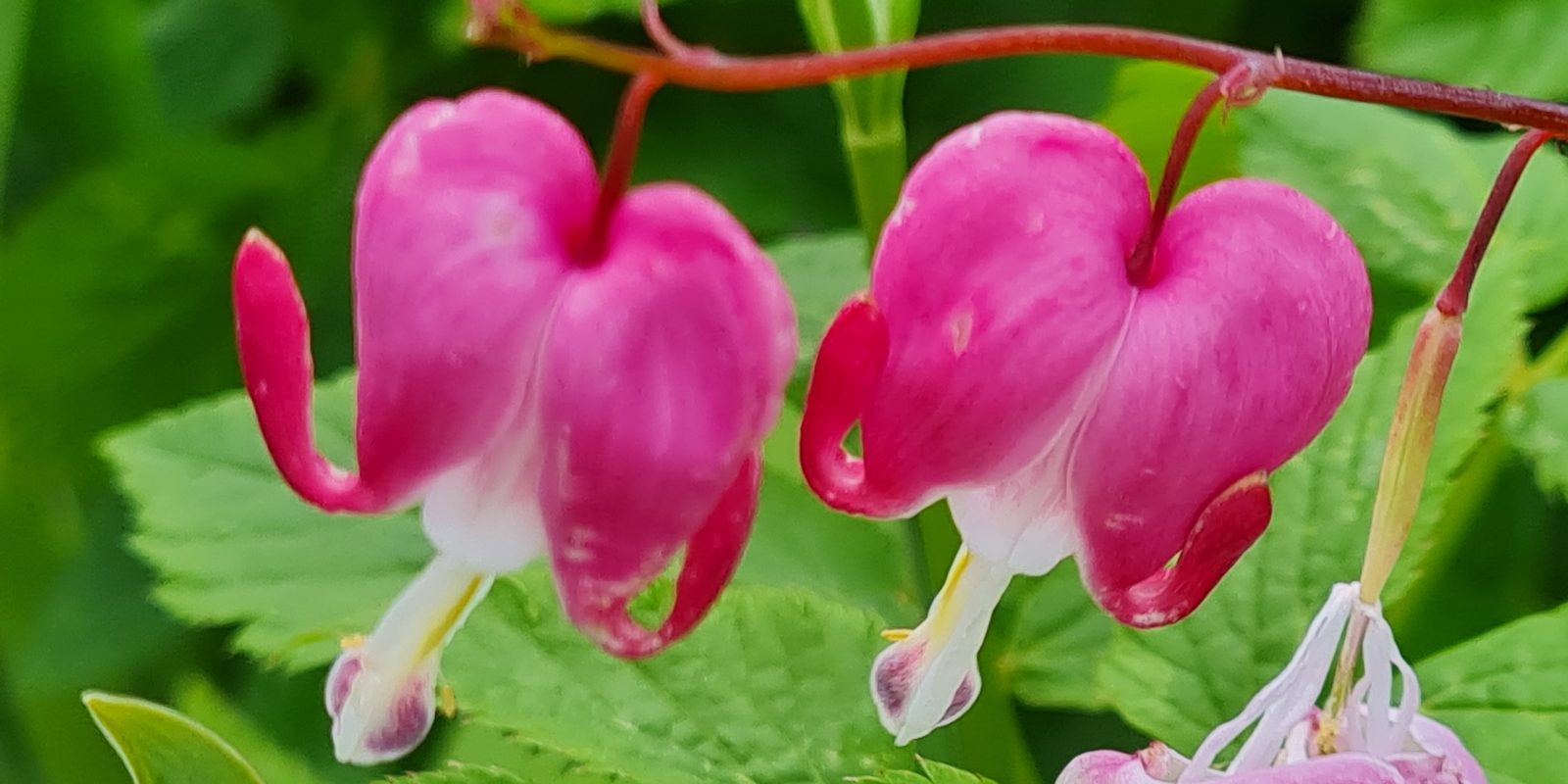11 You have turned my mourning into dancing; you have taken off my sackcloth and clothed me with joy.
When do we mourn? When we have experienced loss, particularly through the death of a loved one. Mourning happens when we’re torn apart from persons and situations that used to bring us joy.
Then hopefully, we can also be torn apart from unhelpful habits, practices, rituals and unwholesome situations that might have, but ought not to have, brought us pleasure. That’s where the sackcloth comes in. The ancient tradition of wearing sackcloth and rubbing ashes speak to an outward, a visible sign of our internal posture of regret for offences committed, be those in thought, word or deed. It’s good to mourn the excision of bad habits from our lives. When we get rid of death inducing practices, it follows that the Lord puts on new clothing – joy, that brightens our outlook as it regenerates us on the inside. At such times, we can meaningfully sing:
I’ve got that joy, deep joy down in my heart, deep down in my heart to stay.
Please make no apologies to the devil who doesn’t like it, for Satan cannot give joy- only a pretend version whose counterfeit nature shows up sooner or later.
When joy comes after the pain of illness, separation, persecution, ostracization, dispossession and all other sorts of robbery, tears often flow. Funny, tears might have come in abundance during the darkness of night, when it seemed that nothing would go right. But what did the psalmist say?
5 Weeping may linger for the night, but joy comes in the morning.
Morning ushers in new light, new sight, new insight. And when the morning comes, waters still flow, but water of a different colour. Joy is rainbow coloured bringing with it the different hues of light, varied dimensions of awareness of the presence of God. In God’s light we see things differently. With the darkness of doubt and its companions, almost everything seems unpleasant, pointing to the things of Sheol, the depth of a pit outside of God’s company. In the light of the new day, it becomes doable to pray 3 O Lord, you brought my soul from Sheol, restored me to life from among those gone down to the Pit.
The Joy of morning, on the other hand, is bright, lit up, hope filled, looking towards the myriads of possibilities that abound in God.
It makes sense, then, when pain, loneliness, friendlessness, and sickness, etc. seem to threaten and cut one off, to do as the psalmist did and pray.
4 Sing praises to the Lord and give thanks to his holy name.
Those who do so are described as faithful. And guess what? The faithful prove that God is faithful, so they in turn can pray,
1 I will extol you, O Lord, for you have drawn me up, and did not let my foes rejoice over me.
2 Lord, I cried to you for help, and you have healed me.
And through it all, and at the end of it all, they declare:
7 By your favour, O Lord, you have established mew as a strong mountain; you hid your face and I was dismayed
That dismay suggested and the fright provoked by distance from God moves the displaced person to seek God’s grace 10 Hear, O Lord, and be gracious tom me! O Lord, be my helper.
And the Lord helps and heals and leaves the healed to testify for there is no profit to the Lord in the death of the wicked.
9 ‘What profit is there in my death, if I go down to the Pit? Will the dust praise you? Will it tell of your faithfulness?
Oh no! The living, the living shall show forth the praise that speaks of the goodness of God, lifts those in darkness and encourages them to seek the light of a new day.
Morning is coming for someone, my friend. Will you be part of the morning light?

